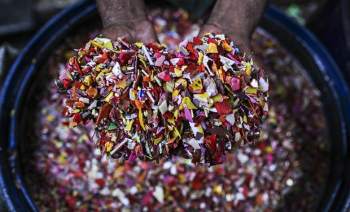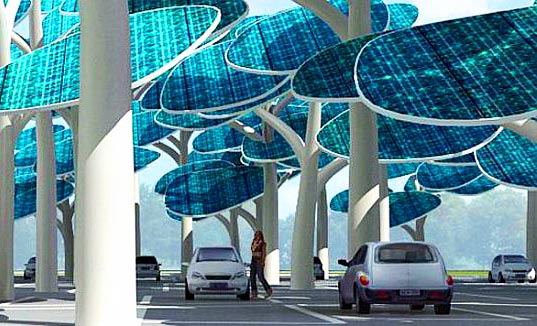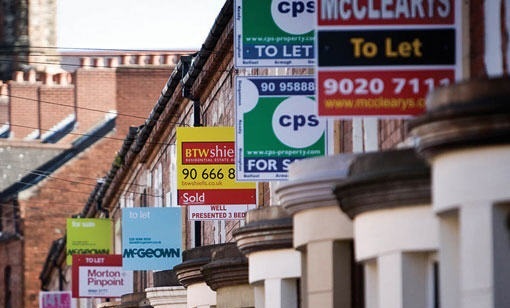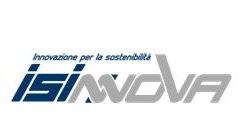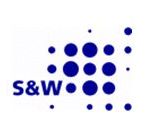Rostock, Germany - 2015
Germany is among the most advanced countries when it comes to recycling, and in the city of Rostock, the company Veolia is converting 1 billion plastic bottles each year into granulate used to make new bottles. Once they are collected and transported to the processing center, the bottles are pre-sorted by color, with their caps and any residual waste removed. The bottles are then ground into flakes and subjected to a hot wash, processing the flakes into food-grade is achieved by a mechanical-chemical recycling step (Hybrid-UnPET process by URRC). After being purified in a final step and packed into big bags, these PET flakes can be delivered to manufacturers of plastic bottles and manufactured into ”new” PET bottles.
The benefits are striking: more than 31,000 metric tons of oil and thousands of cubic meters of water are saved each year through this process, while reducing costs for the supply and transportation of raw materials.
A water bottle recycled can be reused safely to hold a beverage. That’s a major step forward in a social responsibility that has always enshrined the precautionary principle and up until very recently prevented the use of recycled materials for direct food packaging.

